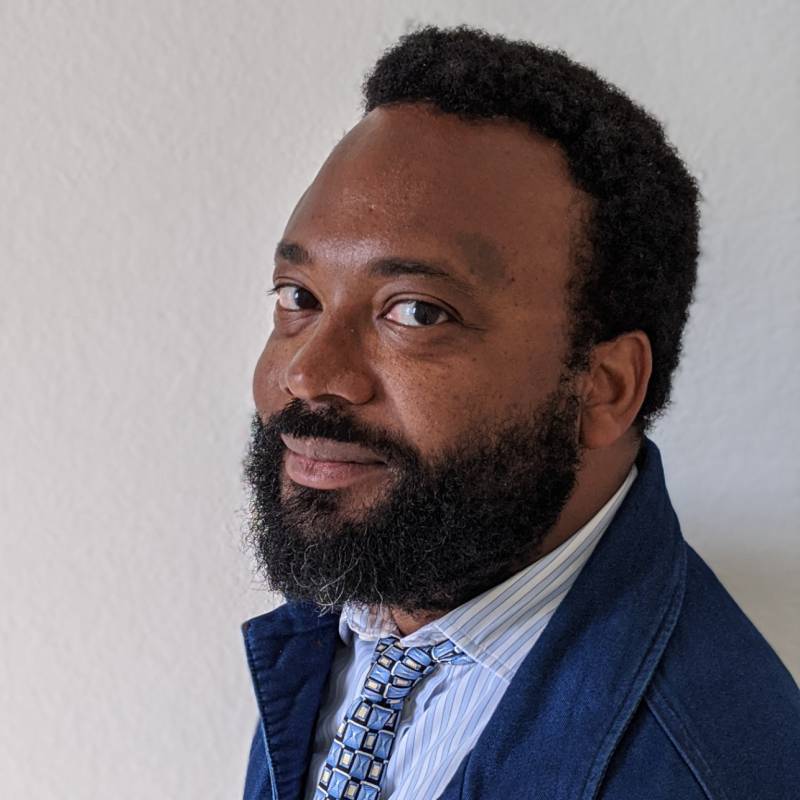Social distancing is vital to containing the pandemic, but not everyone experiences the practice in the same way. Matthew Vernon has this Perspective on social distancing while Black.
It is a familiar feeling to most Black people. You walk down the street and see someone white approaching. They peek over their shoulders, seemingly to check for back up and, seeing none, flee across the street to the bubble of safety. Seeing the fear in their eyes and the hasty crab-step to the side leaves indelible marks in the Black psyche. For me, it means a fear of public spaces that is at times difficult to explain to people who have never lived this hyper-visibility.
When the nation was tasked with “social distancing,” we gave an anodyne name to a dance we know all too well. The first time I saw a white person do that dance with another white person, I watched from a healthy distance with unhealthy glee. However, this feeling of poetic justice has given way to a deeper foreboding that comes from being socially distanced while Black.
Let me explain: I live in California on the border of a majority white city next to several with substantial populations of color. So, I have seen our social stratification deepen. Transit workers, many of whom are people of color, have persisted in their work, despite concerns about their safety. The most vulnerable, the Bay Area’s homeless, are still living in encampments despite the particular threat COVID-19 poses them. While waiting in line to buy groceries in Berkeley, I have seen a proliferation of face masks, even some of the designer sort. In Oakland, which has continued to struggle with access to supermarkets, the same can’t be said.
Although the motive of social distancing is altruistic, the lived experience is like every other moment in which fear exacerbates the troubles of neglected groups. This pandemic is making visible not just how socially distant we have become, but how much we have been for a long time.
